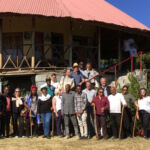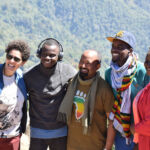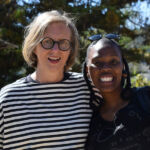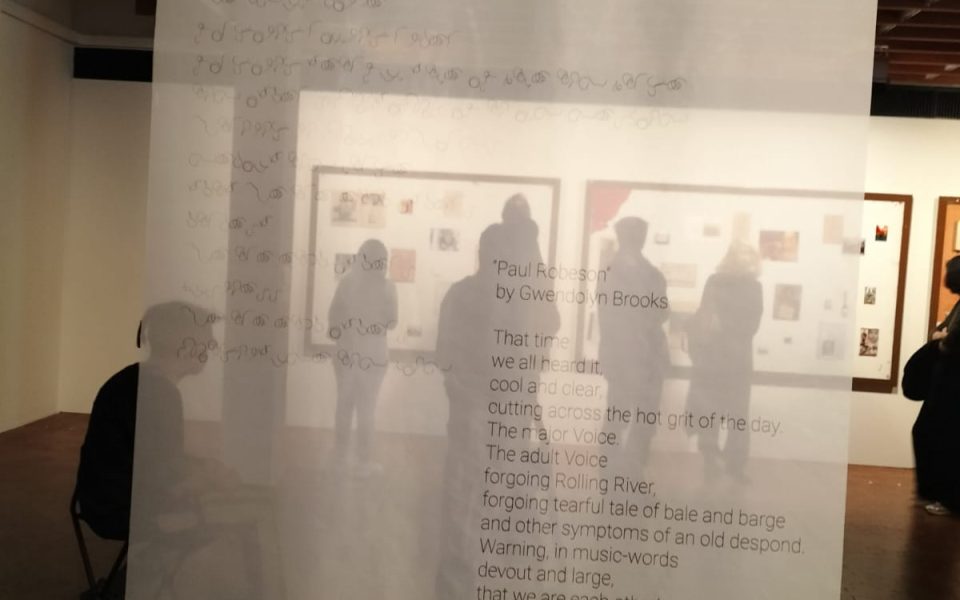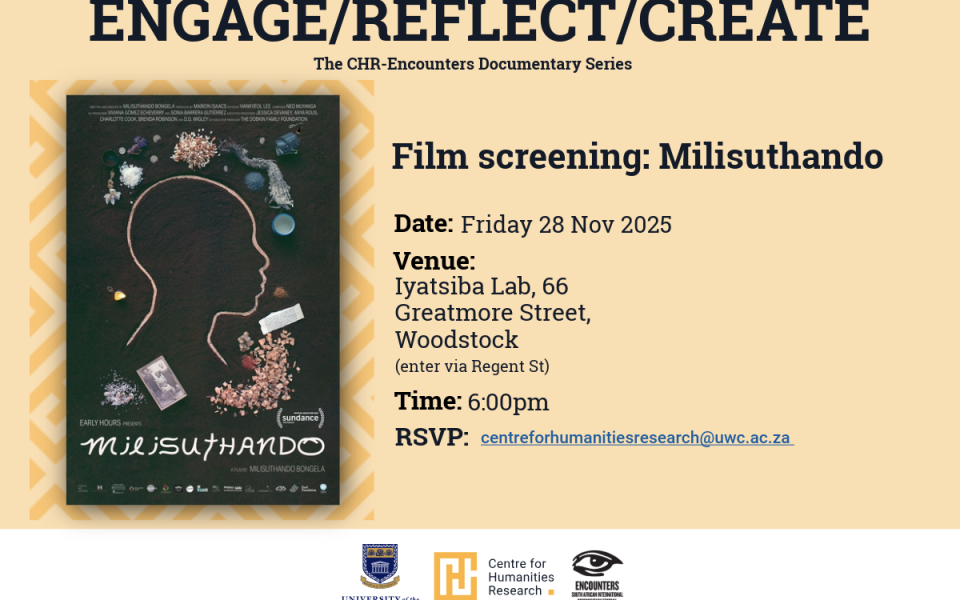A Look Back at the 2019 Mellon Africa Humanities Workshop in Addis Ababa, Ethiopia
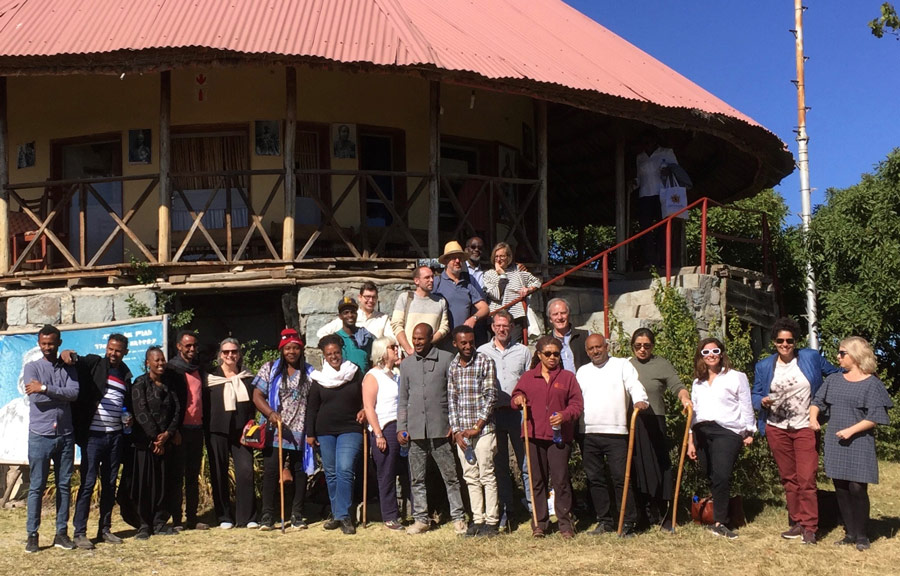
Workshop participants and CHCI Board Members at the Ankober Palace Lodge
In January, CHCI held its first Africa Humanities Workshop in Addis Ababa, hosted by Elizabeth Giorgis, Associate Professor of Art History, Criticism and Theory in the College of Performing and Visual Art and the Center for African Studies at Addis Ababa University. Funded by the Andrew W. Mellon Foundation, the Africa Humanities Workshops are the result of a larger project, initiated by CHCI in 2014, to learn about and from the humanities in Africa. Recognizing the challenges facing many African institutions of higher learning, the Workshops were conceived not only to narrow the training gap, but also to support the impressive work of the many talented graduate students and early career scholars across the African continent. More than an instructional venture, the Africa Humanities Workshops were designed to be venues where emerging scholars could meet and form collaborative relationships with one another and the larger academic community. These Workshops serve as an important piece in our on-going effort to connect emerging humanities scholars in Africa with the leaders in global humanities research, knowing that both sides of this exchange will be transformed for the better in the process.
The workshop in Addis Ababa set out with the ambitious plan to bring together artists, art commentators, and humanists to re-think Africa as a concept, to create new analytical categories, and to develop methodological approaches to research in the humanities. Over two weeks, 35 participants from 9 African countries attended thematic seminars and lectures, and professional development workshops about academic research, writing, publishing, and instruction. An early seminar and workshop led by Julie Mehretu, a world-renowned Ethiopia-born visual artist, explored the relationship between cultural identity and art production. Mshaï Mwangola‘s two-day seminar on performance in and of African culture. The Addis workshop concluded with Simon Gikandi‘s two-day seminar focused on the theoretical problems surrounding the concept and discourse of “decolonization.” Akosua Adomako Ampofo, Catarina Gomes, and James Ogude–longstanding partners in CHCI’s humanities projects in Africa–led sessions on the theoretical and methodological challenges of research and instruction in the university. CHCI also supported attendance at the Ethiopian National Theater and guided tours through museums around Addis. A full program, with descriptions of each seminar, can be found here.
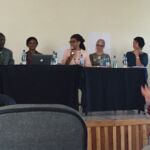
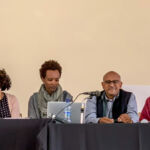
The CHCI International Advisory Board convened in Addis Ababa with the goal of creating and encouraging global collaborations. The final day of the board meeting featured a colloquium that brought together workshop leaders, participants, and Board members for a series of public panels (audio available at the bottom of the page) on the themes of “Africa and the Global Humanities,” “Visual Culture, Popular Culture, and Sound Studies,” and “Urban Humanities.” CHCI President Sara Guyer and former presidents Ian Baucom and Kathleen Woodward met with the president of Addis Ababa University to discuss the importance of the humanities in a globalizing world and the value of humanities centers in advancing the intellectual life of universities worldwide.
At least two journal issues are in the works stemming from projects and relationships forged at the workshop. One issue, organized by Carli Coetzee of the Journal of African Cultural Studies, will feature articles planned during her “Journal Work Academy” workshop, which may be published as early as the 2019-2020 academic year. Beyond these scholarly contributions, Steve Paulson and Anne Strainchamps (of the nationally syndicated radio show To The Best Of Our Knowledge) travelled to Addis where they interviewed workshop leaders and participants. Their recordings are part of a forthcoming podcast series aimed at the general public.
We look forward to seeing the growth of humanities research and instruction at Addis Ababa University and to supporting future projects that emerge from this workshop and across Africa.
Original Article Found Here:


